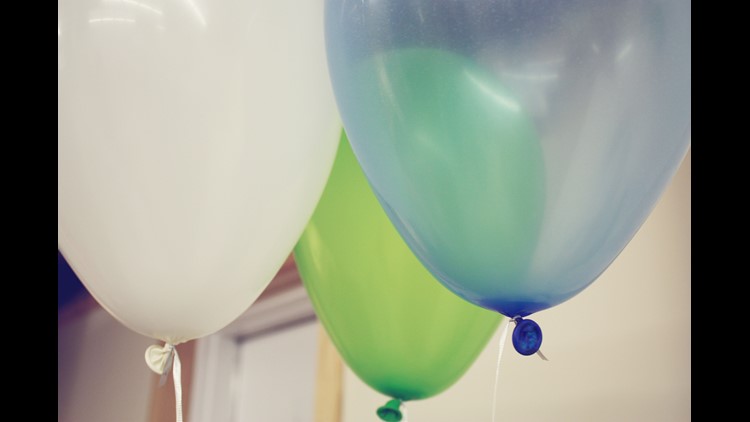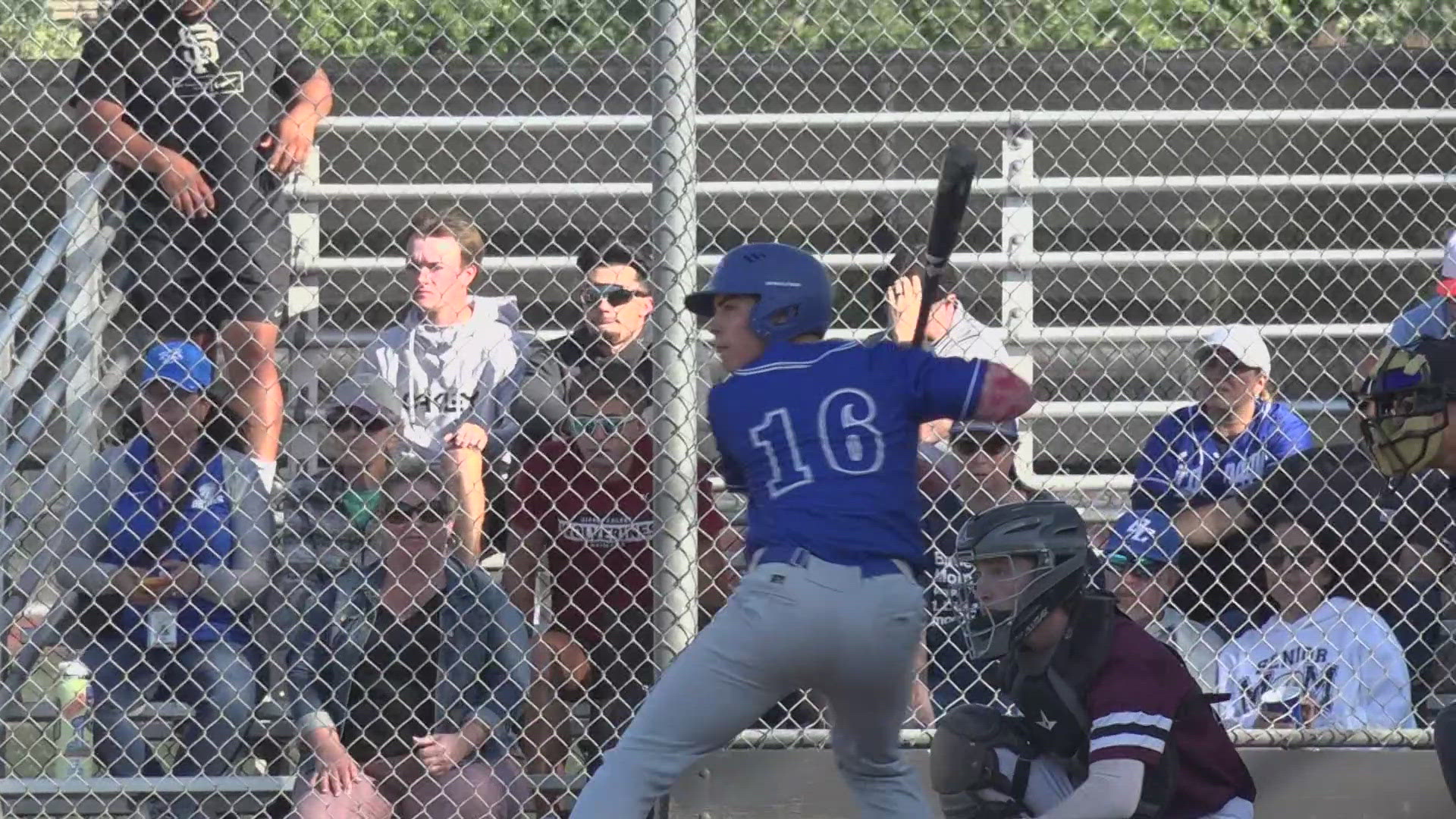Children's birthday parties are often decorated with bright, colorful balloons.
Balloons are part of all the fun and games but the loud sound of a popping balloon may cause hearing damage to children, according to University of Alberta (U of A) researchers.
A study, published in the Canadian Audiologist journal, found that when a balloon is tightly inflated to pop, the bursting balloon is louder than a shotgun going off next to someone's ear and nearly as intense as a 357 magnum pistol.
Researchers found a balloon inflated to rupture peaks at 168 decibels (dB).
That's louder than a 12 gauge shotgun which hits 165 dB and louder than thunder at 120 dB. It's also louder than a firecracker which peaks at 140 dB, according to the Center for Hearing, Speech and Language.
A 357 magnum is only slightly louder at about 169 dB.
Popping balloons with a pin or squeezing one until it popped were nearly as loud.
Sounds louder than 85 dB can cause permanent hearing loss, according to the American Speech-Language-Hearing Association (ASHA). This means the sound of a popped balloon can cause permanent damage to children, who have tiny, more sensitive eardrums.
The authors of the study, Bill Hodgetts and Dylan Scott, both audiology experts at U of A ,said in the journal the noise of some popped balloons can cause permanent damage after one or two exposures. Balloons have choking hazard labels but no warnings about using hearing protection against loud sounds. The noise is louder than the sound of shotguns and rifles, which could mean considering using ear defenders.
"We are fairly confident that parents would not let their children shoot guns without considering hearing protection," Hodgetts wrote.
Noise is cumulative the same way sun exposure is, according to the study. Noise exposure should should be treated like sun exposure, in the same way society supports protection from permanent damage with use of sunscreen and hydration, people should also be aware of hearing protection.
"Hearing loss is an invisible problem." Hodgetts wrote. "We have trouble imagining the impacts of cumulative noise exposure because it happens so gradually."
As fathers of young children, the authors explained the purpose of the study is to raise awareness about hearing loss, not to act like party poopers.
"The intention of this research is not to have balloons banned from society any more it is the intention of cancer research papers to have the society banned from going outside on sunny days." said Hodgetts in the journal. "This paper is about raising consciousness about a topic that we do not yet spend enough time discussing."
The desire to pop a balloon comes naturally to many kids, but the study urges parents to educate their children about hearing loss protection.
"We feel that changing the mindset of parents with small children as well as daycares and schools about the impacts of noise on lifelong hearing will probably lead to greater social and societal change in the long-term." the authors wrote.
Here are some things you can teach your child to do to protect their hearing, according to ASHA:
1. Wear hearing protection such as ear plugs or ear muffs.
2. Lower the volume on devices. Keep the volume to half when using personal music devices.
3. Do not listen to loud sounds for too long. Take breaks from loud noise by moving away from the source or plugging your ears.
4. Be a good consumer by reading the noise ratings on appliances, sporting equipment, power tools, etc.



